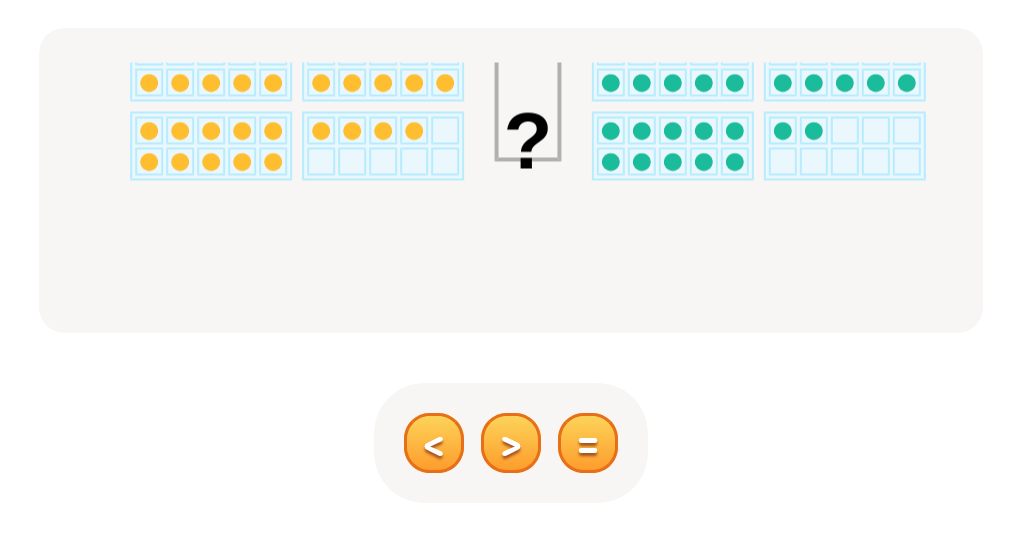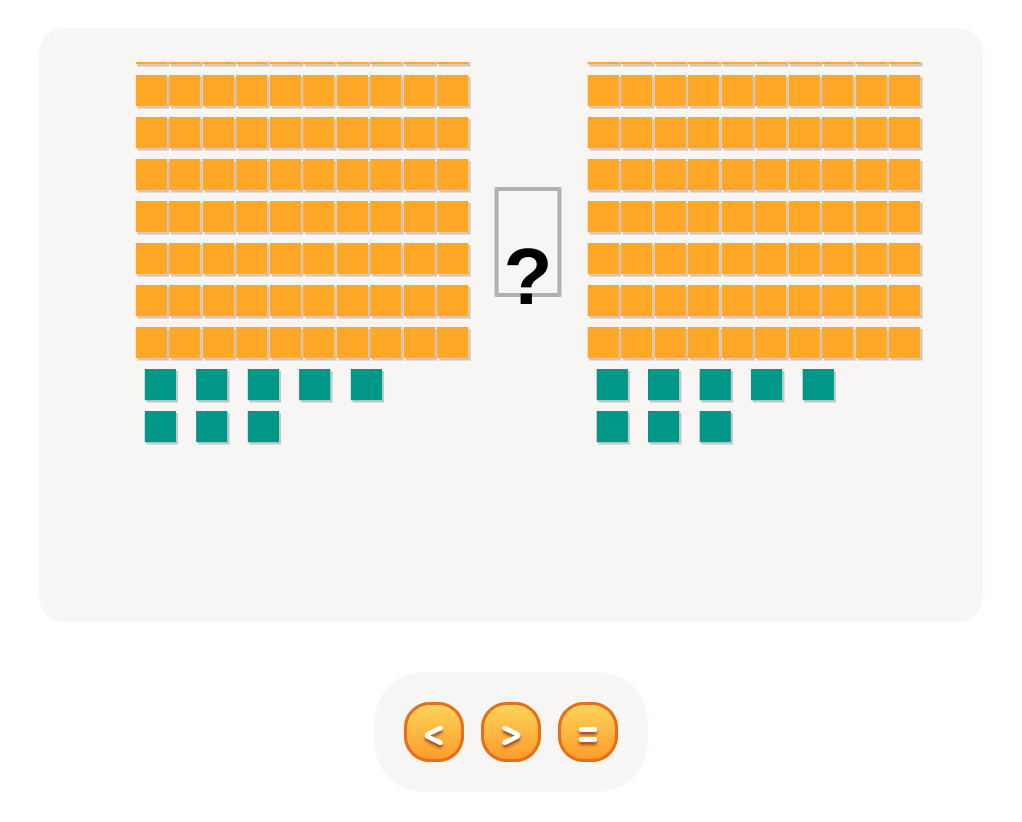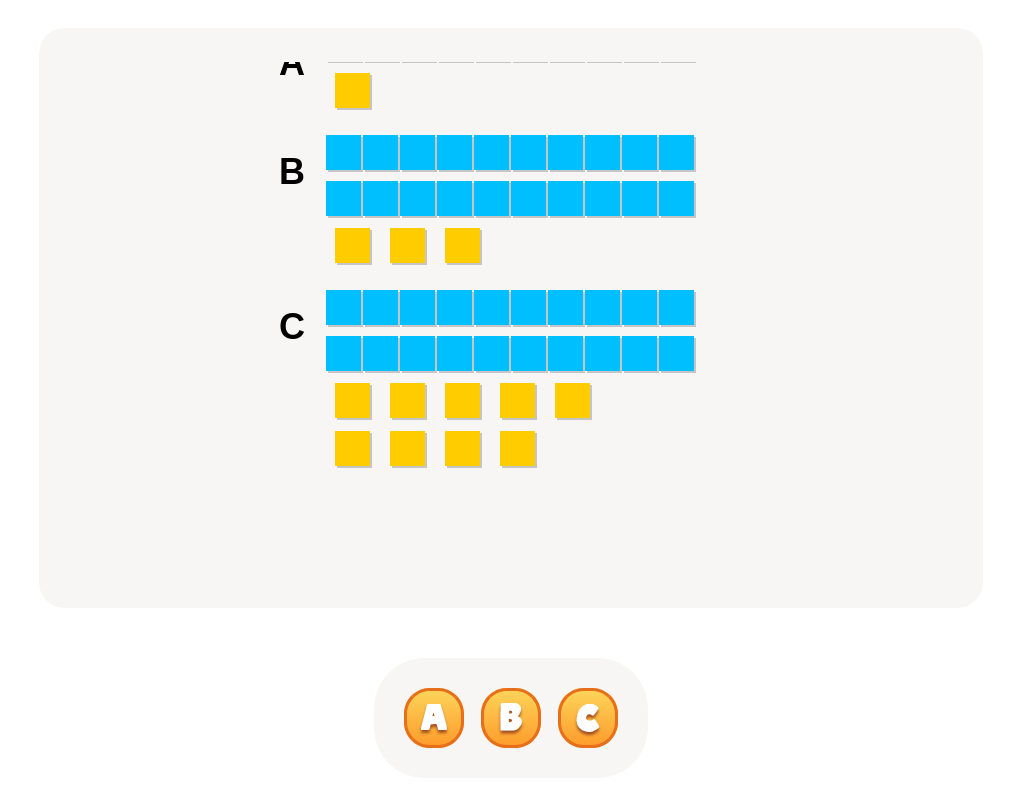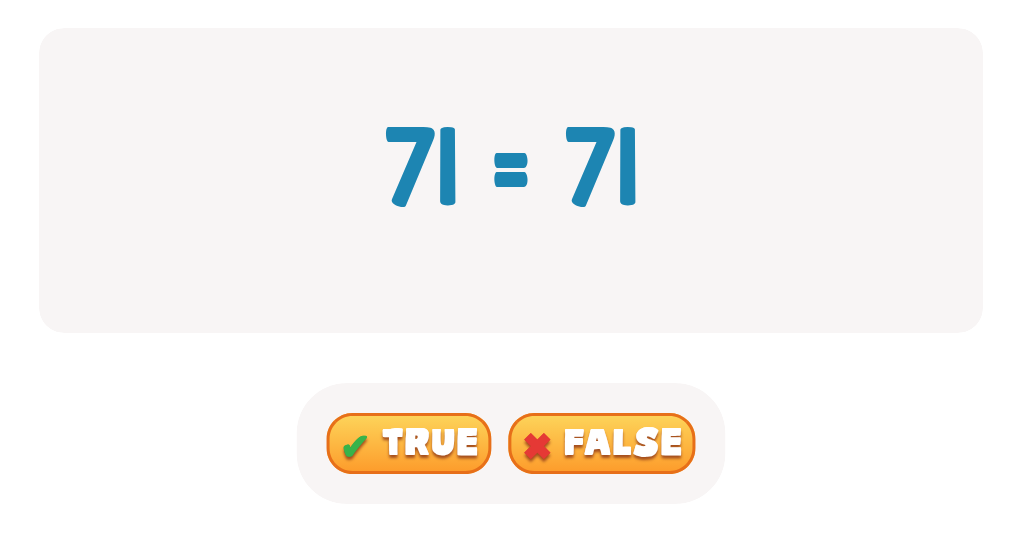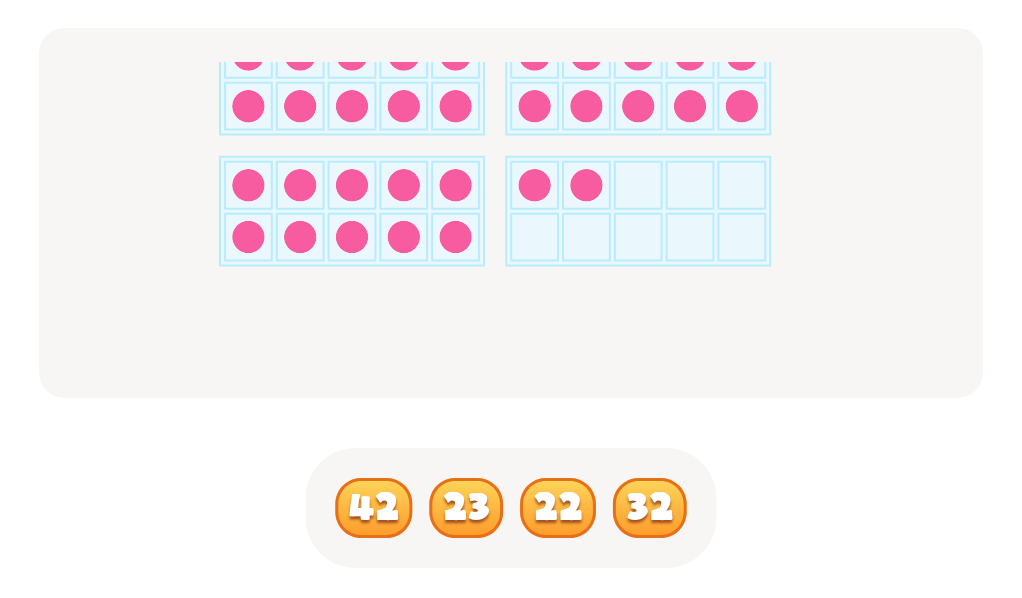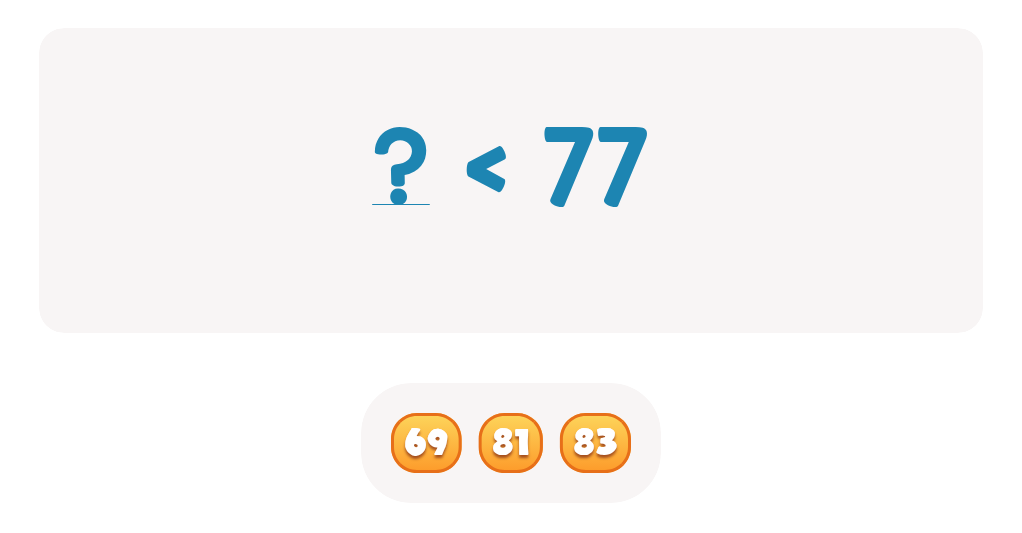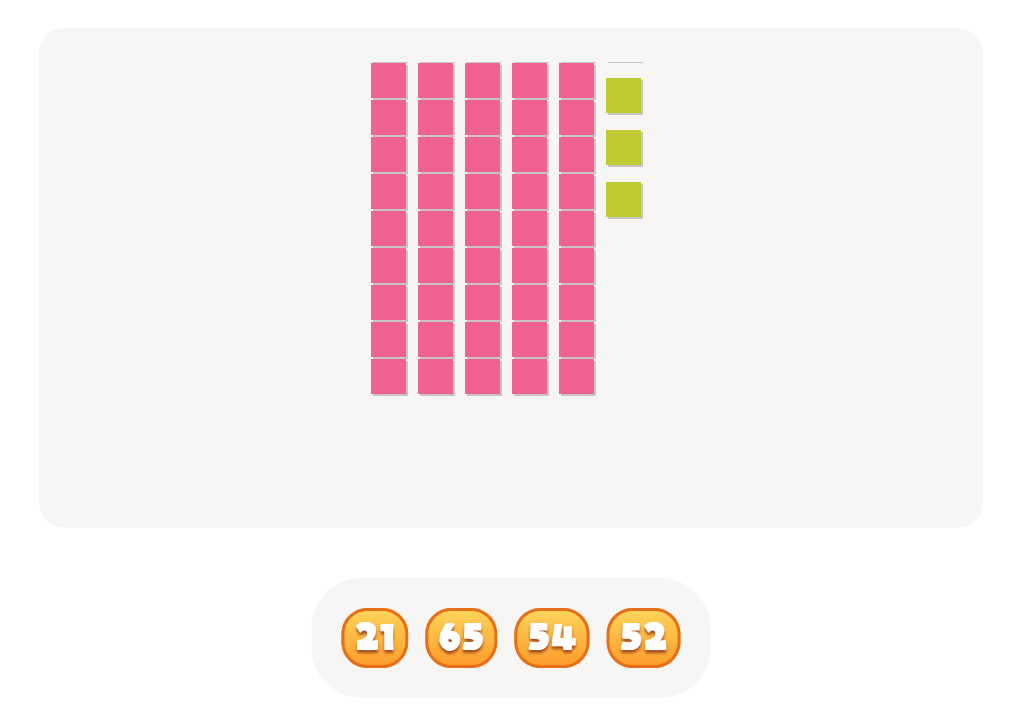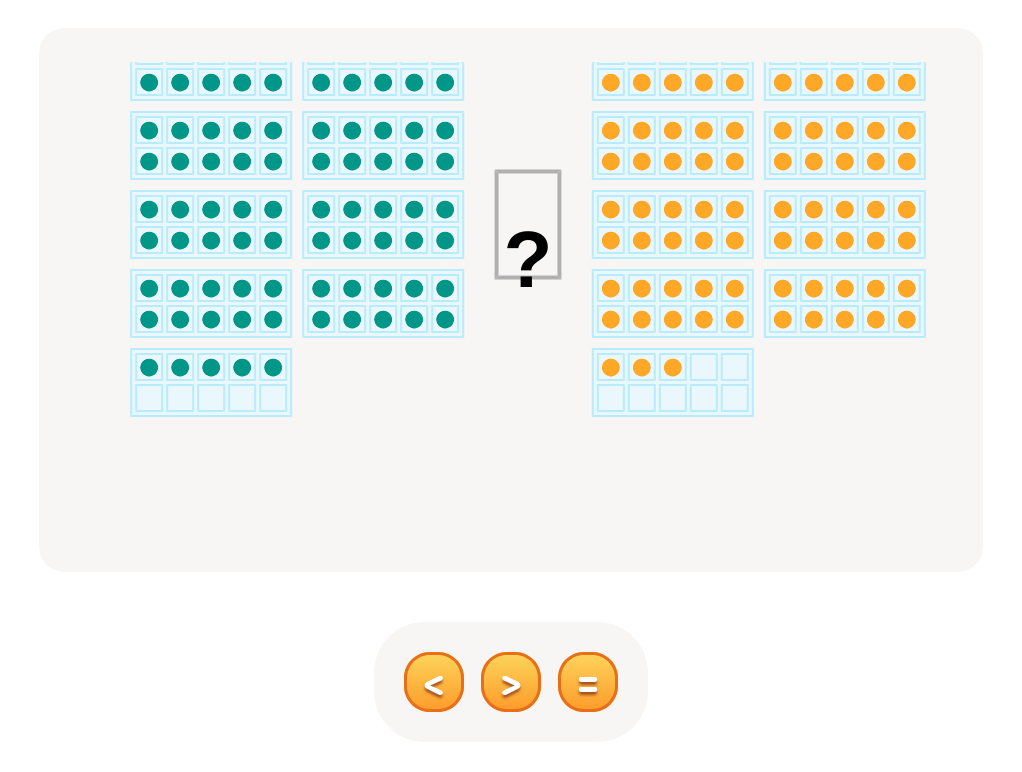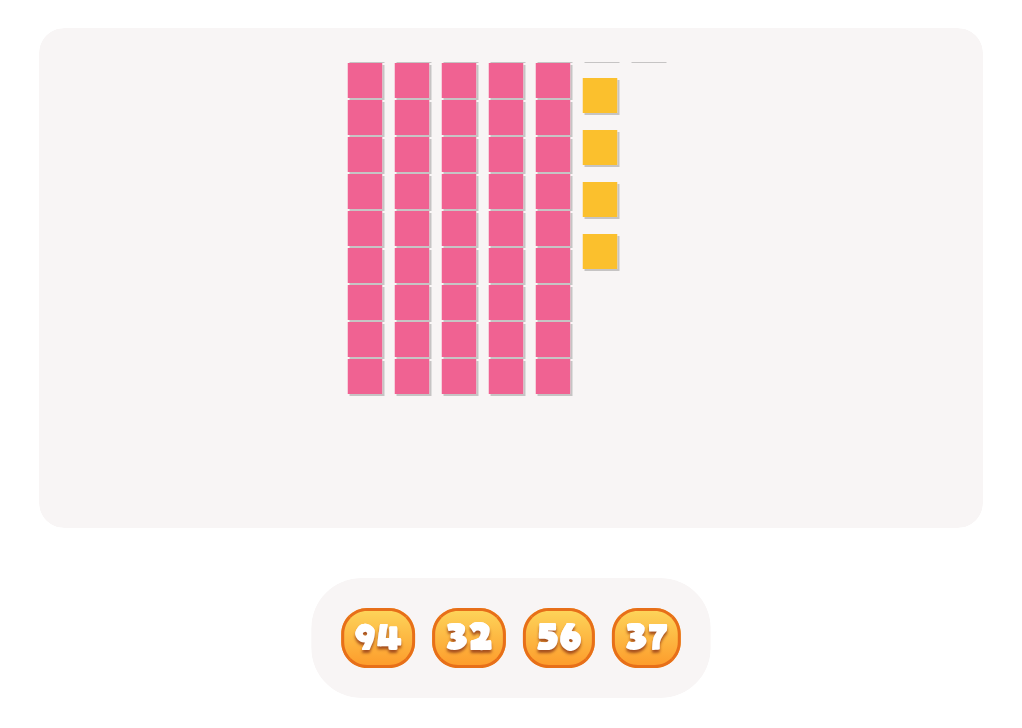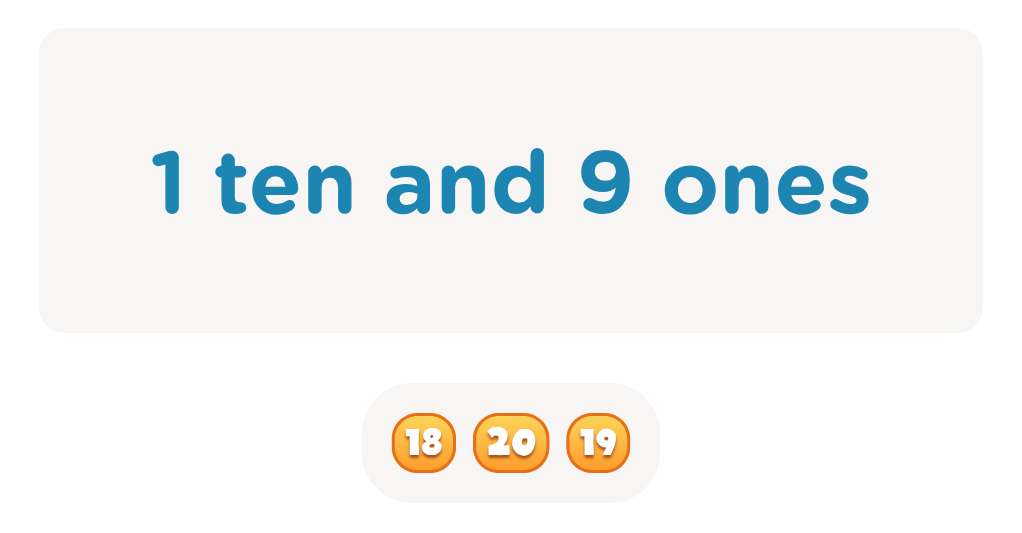Number Recognition Place Value Worksheets for Ages 4-9
13 filtered results
-
From - To
Introduce young learners to the world of numbers with our engaging Number Recognition Place Value Worksheets for ages 4-9. These expertly designed worksheets help children understand and master place value, aiding in their fundamental math skills. Perfect for kids aged 4 to 9, the worksheets combine vibrant illustrations with interactive exercises to make learning fun and effective. By practicing with these tools, kids will enhance their number recognition abilities and build a strong math foundation. Ideal for classroom and homeschool use, these resources support varied learning styles ensuring every child can succeed. Explore a diverse collection today for free!
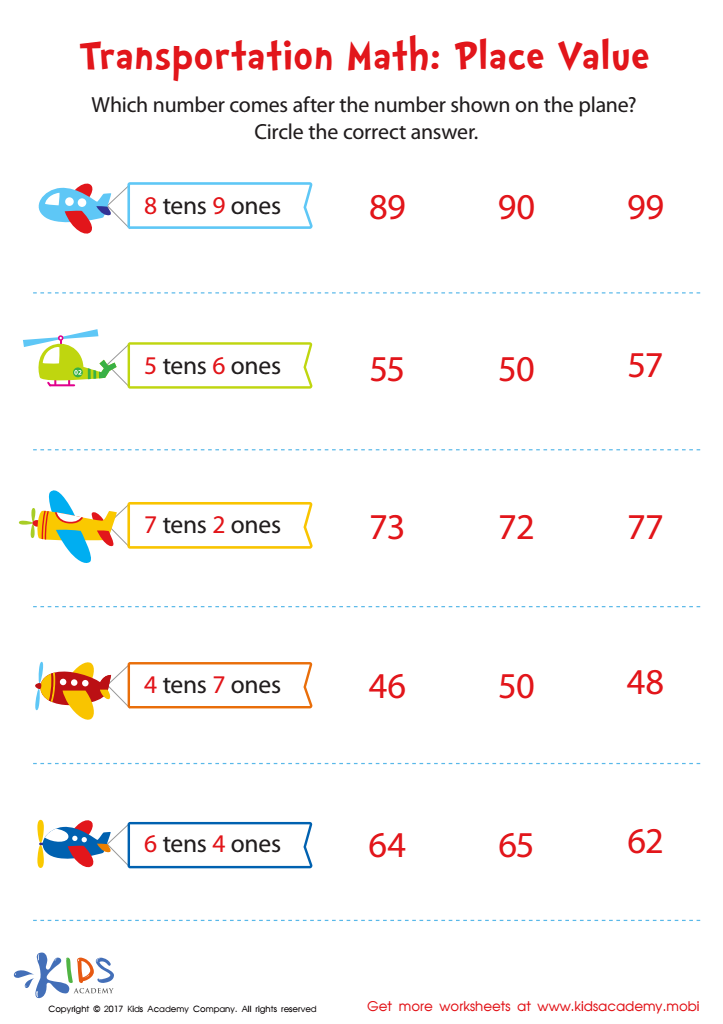

Transportation Math Printable
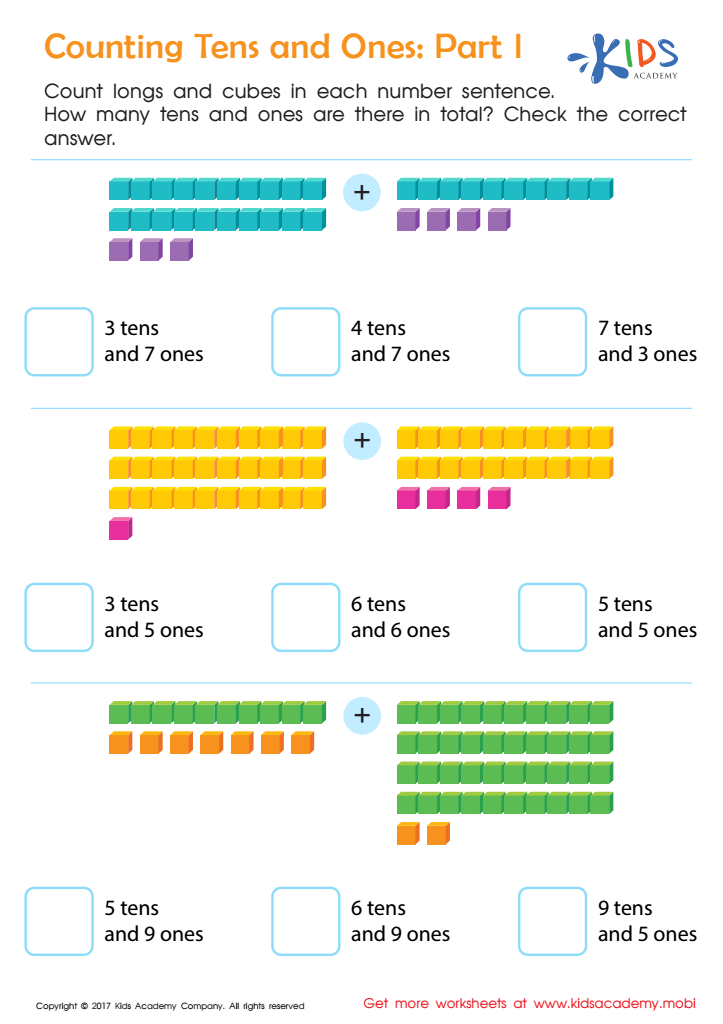

Counting Tens and Ones: Part 1 Worksheet
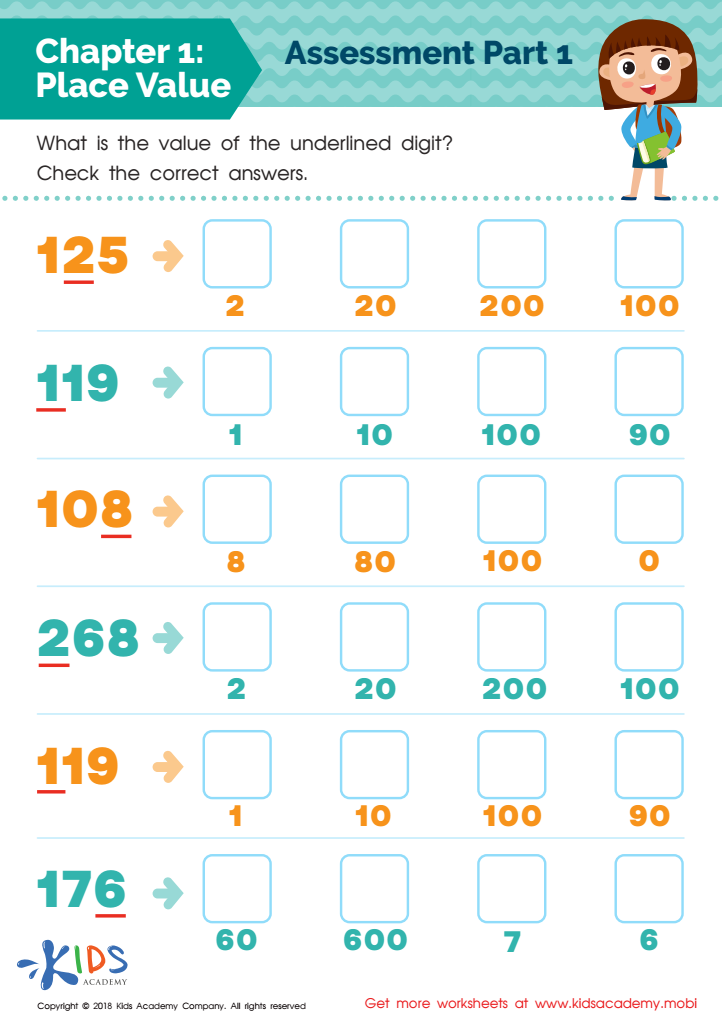

Place Value: Chapter 1 Worksheet
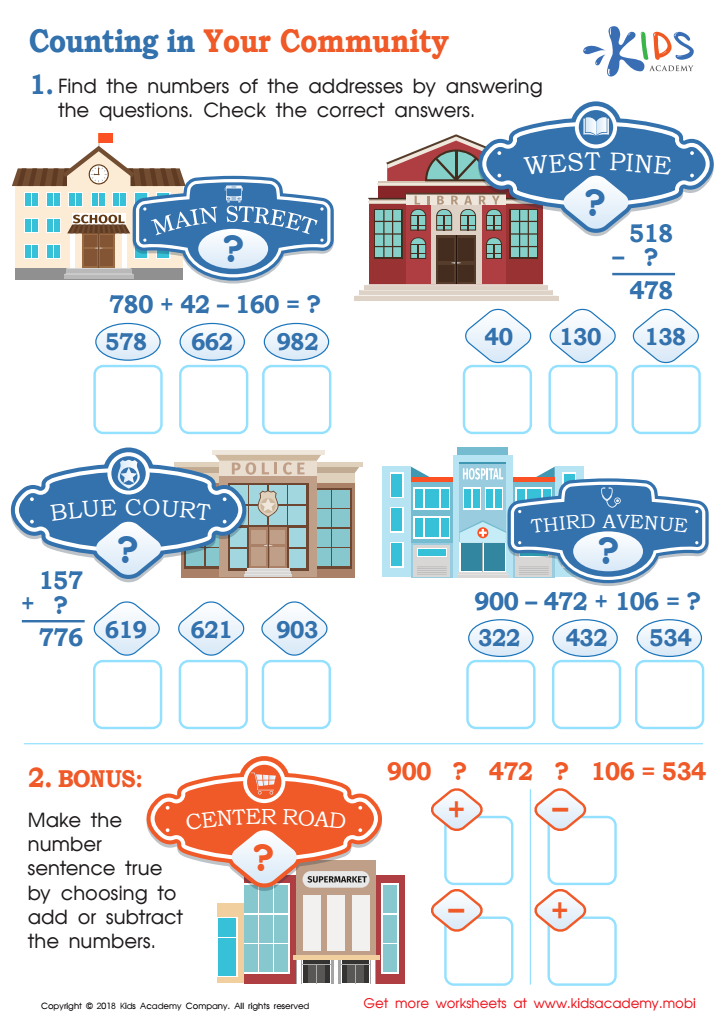

Counting in Your Community Worksheet
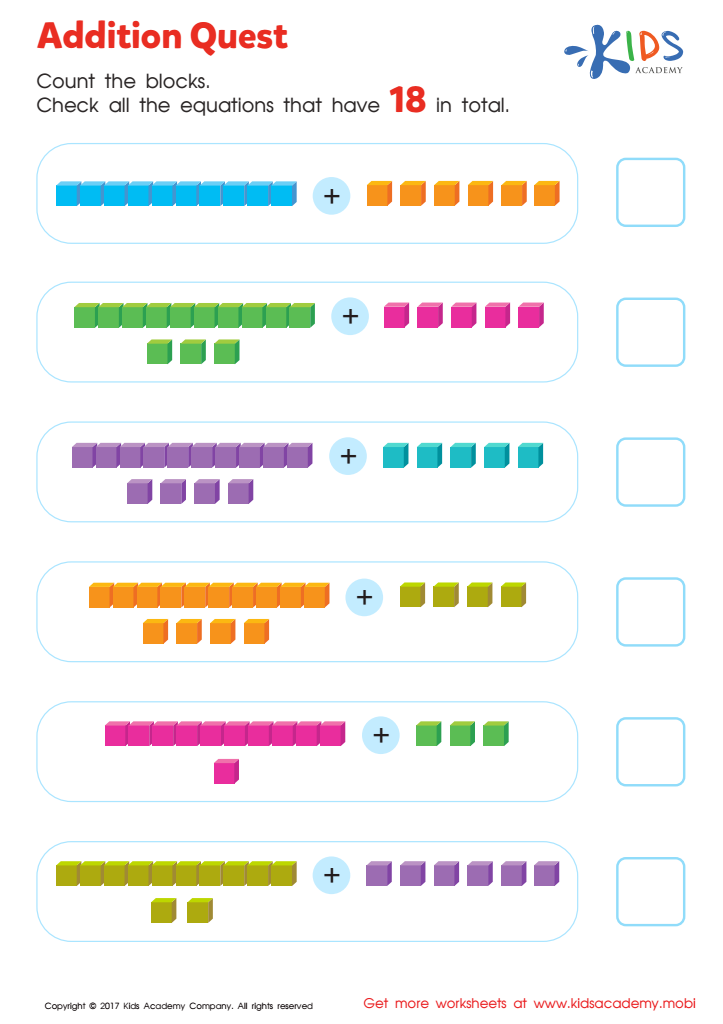

Addition Quest Worksheet: Part 2
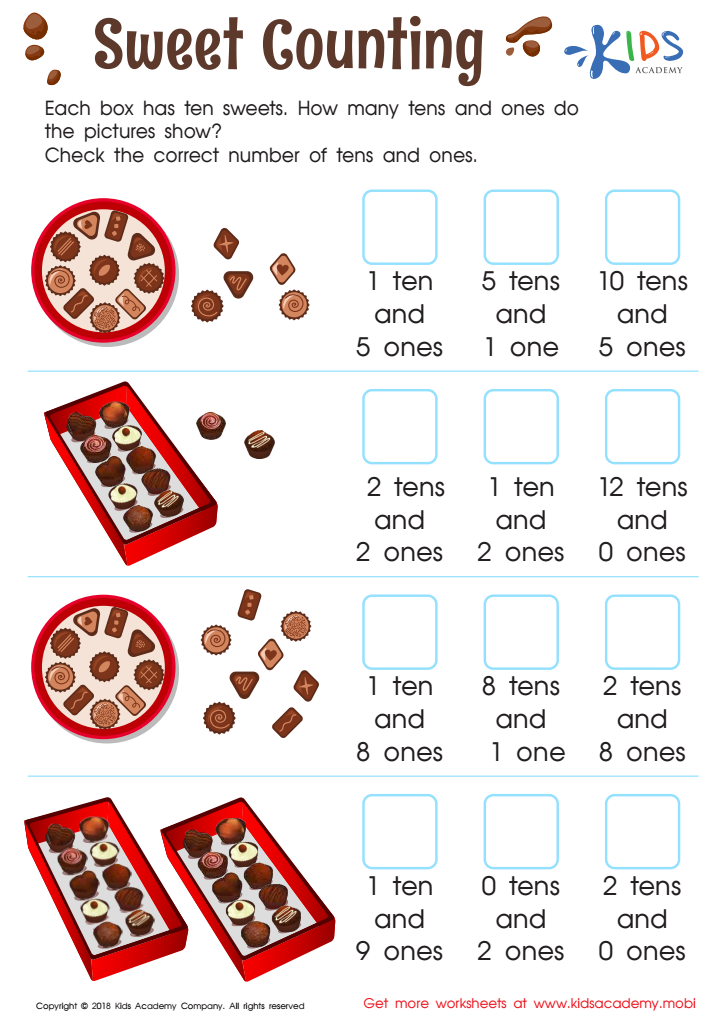

Sweet Counting - Part 2 Worksheet
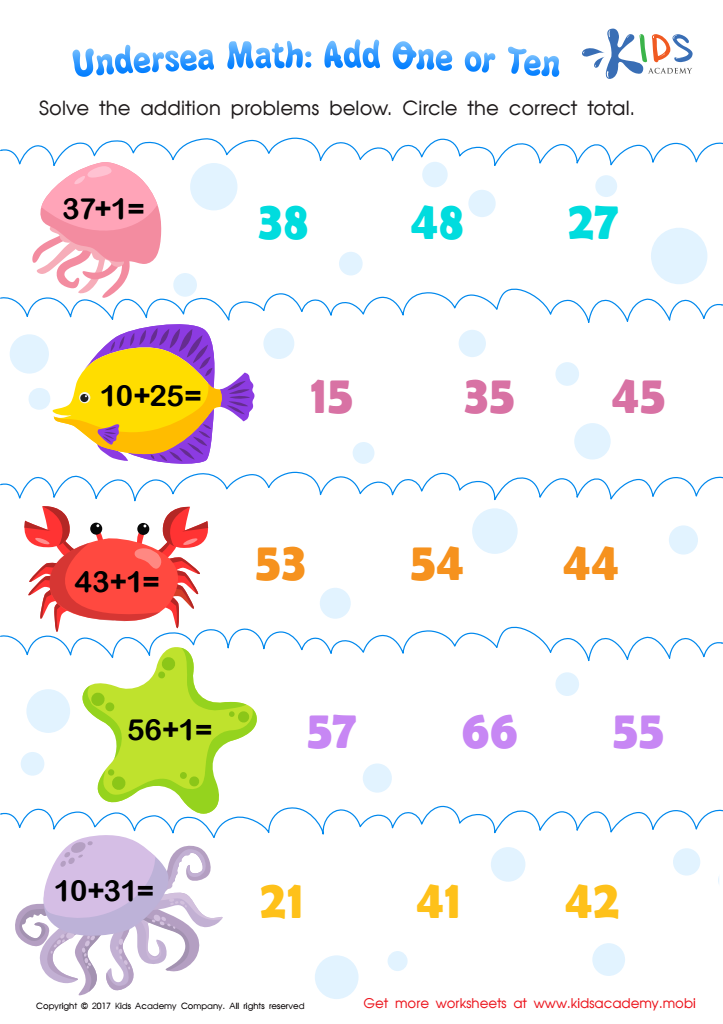

Undersea Math Worksheet
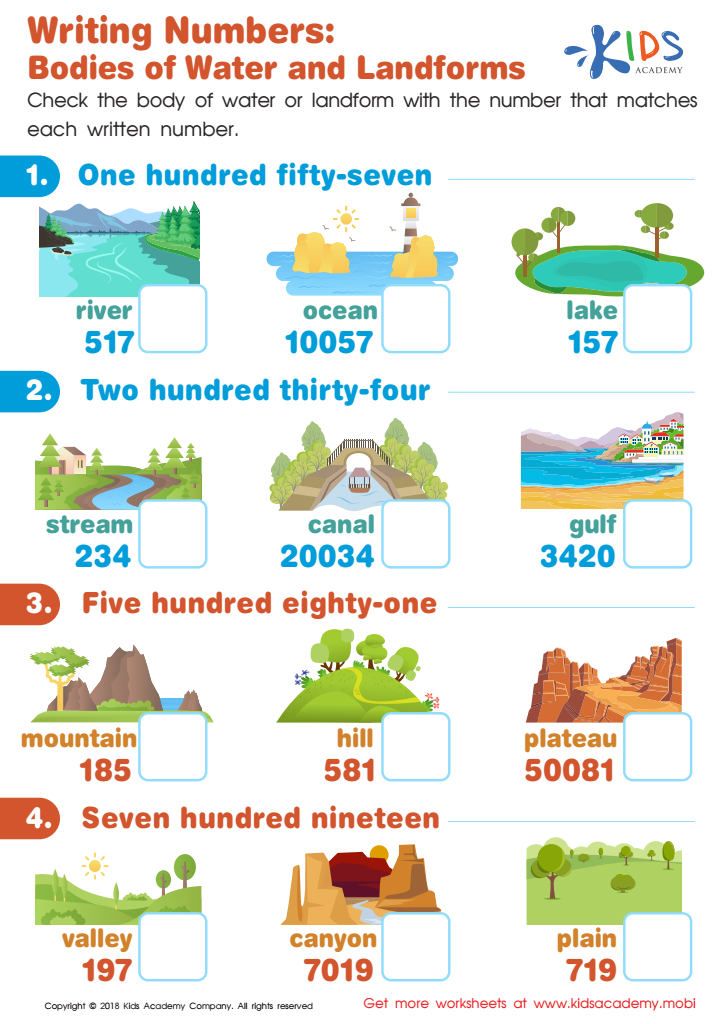

Bodies of Water and Landforms Writing Numbers Worksheet
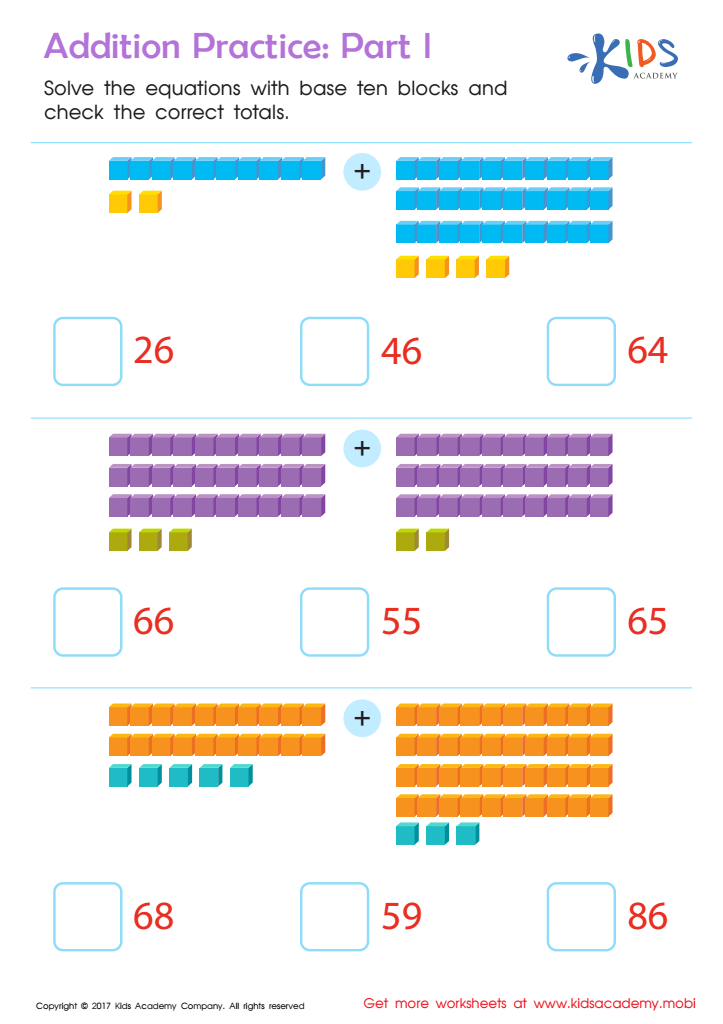

Addition Practice Sheet: Part 1
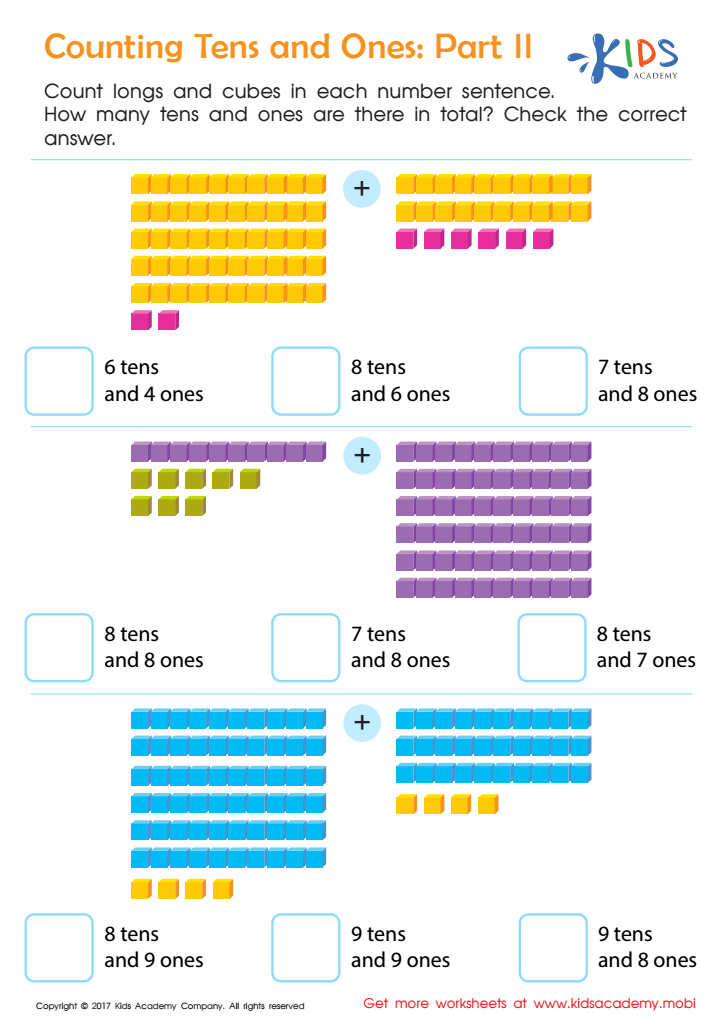

Counting Tens and Ones: Part 2 Worksheet
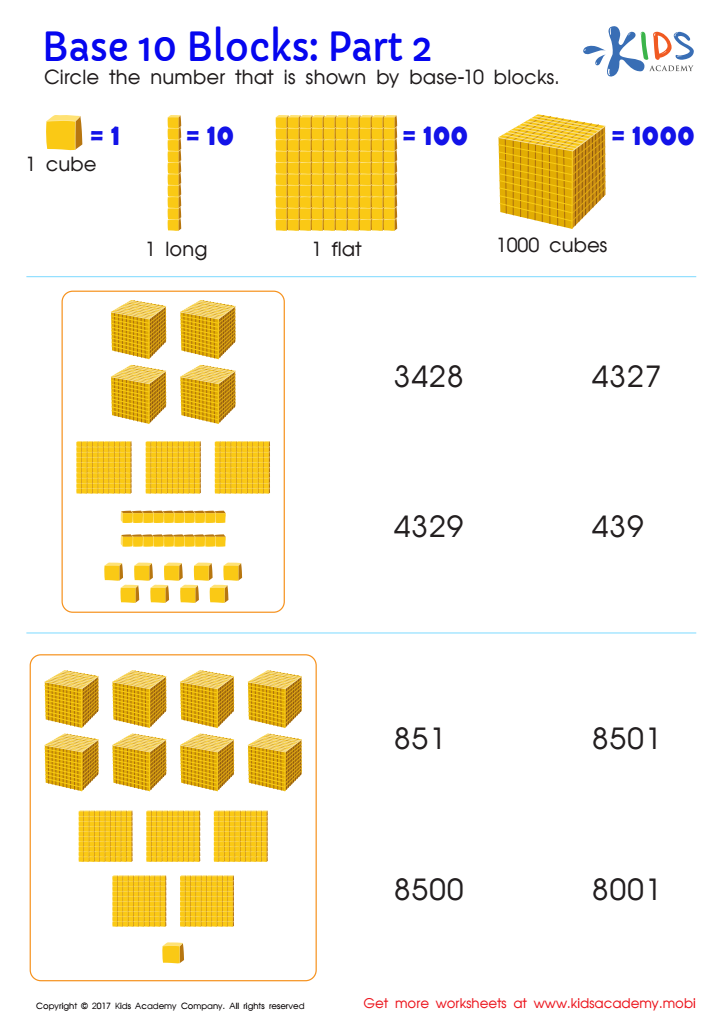

Place Value Worksheet: Thousands
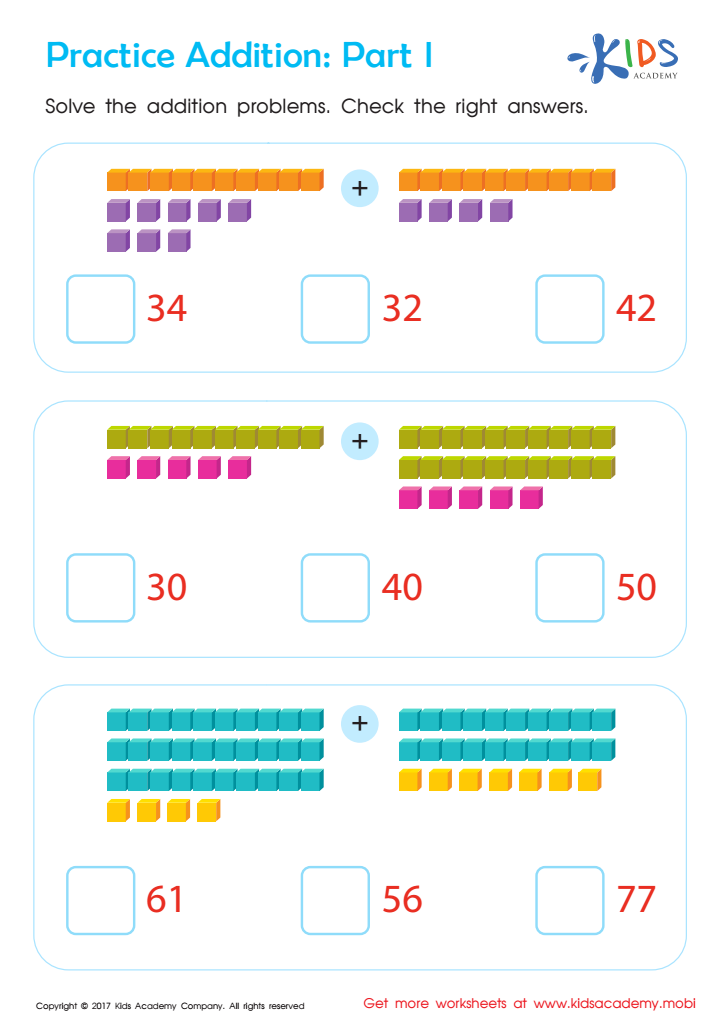

Practice Addition: Part 1 Worksheet
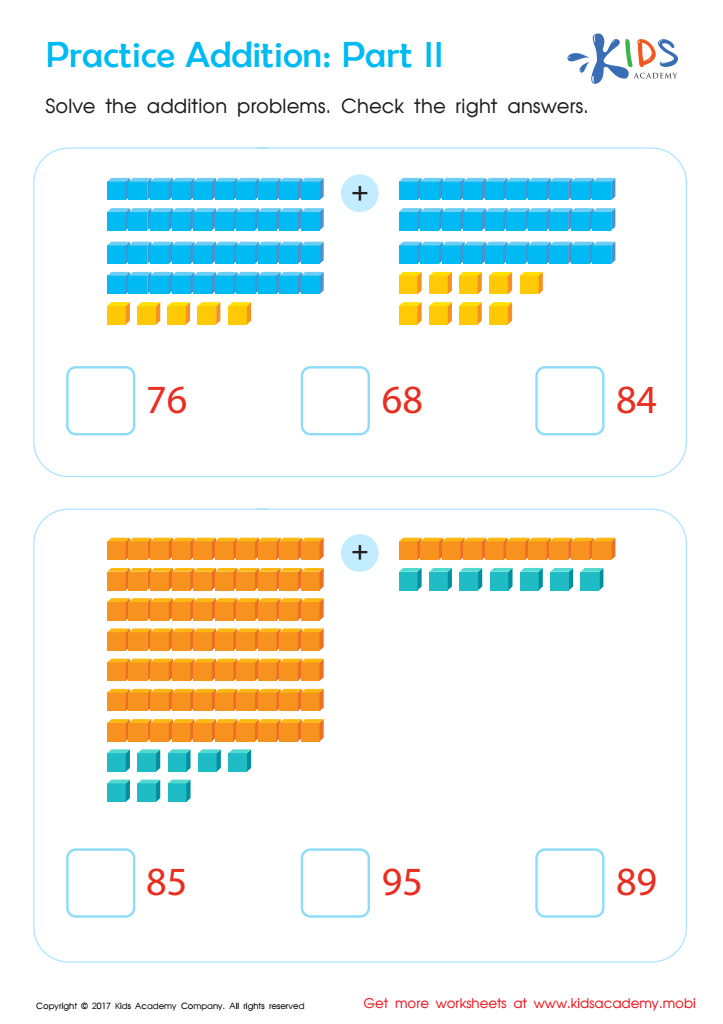

Practice Addition: Part 2 Worksheet
Number recognition and place value are fundamental concepts critical to a child's early math development, offering lifelong benefits. For children aged 4-9, mastering these skills forms the cornerstone upon which all subsequent mathematical understanding is built.
First, number recognition—being able to identify and name numbers—ensures that children understand the symbols used in math. This recognition enables them to carry out basic mathematical operations, like counting, addition, and subtraction.
Place value, on the other hand, is the concept that the position of a digit in a number determines its value. For instance, in the number 245, the '2' stands for 200, the '4' stands for 40, and the '5' stands for 5. Understanding place value helps children comprehend more complex mathematical procedures, such as multiplication and division, alongside enhanced problem-solving skills.
Furthermore, a solid grasp of number recognition and place value instills confidence in young learners, making them more likely to enjoy and excel in math, thereby fostering a positive attitude toward education. As they progress to newer concepts like fractions, working with money, and measurement, these basics ensure they don’t get overwhelmed.
Therefore, parents and teachers should prioritize these foundational skills, laying a strong mathematical groundwork to support their academic and everyday life competence.

 Assign to My Students
Assign to My Students
